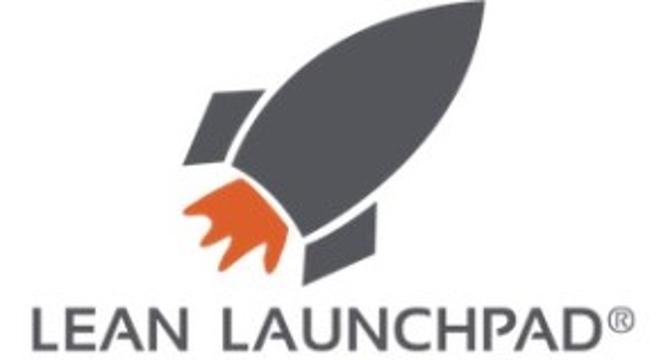SteveBlank
3w
96

Image Credit: SteveBlank
Lean Launchpad at Stanford – 2025
- The 15th annual Lean LaunchPad class at Stanford was recently completed, offering an intensive entrepreneurial education with students dedicating 15-20 hours per week.
- The class aimed to shift focus from traditional business plan writing to teaching startups how to search for a viable business model.
- The Lean LaunchPad class model has been adopted by various government-funded programs and universities globally, fostering entrepreneurship and innovation.
- The program has been instrumental in launching successful startups, with over $4 billion in venture capital raised by I-Corps teams.
- Multiple variations of the Lean LaunchPad curriculum have emerged over the years, with a continued evolution at Stanford to adapt to modern entrepreneurial challenges.
- The class leverages tools like the Business Model Canvas and AI technology to guide students in customer discovery and business model development.
- Mission-driven entrepreneurship courses like Hacking for Defense and Hacking for Diplomacy have also been introduced alongside Lean LaunchPad at Stanford.
- The structured Design of the Class provides continual guidance and structure to students, aiding in the validation of hypotheses and the development of innovative solutions.
- AI integration played a significant role, helping teams in creating business models, MVPs, generating customer questions, and analyzing interviews in the 2025 class.
- Dedicated volunteers, mentors, and teaching assistants contribute significantly to the success of the Lean LaunchPad program at Stanford.
- The continuous evolution of entrepreneurial education and the impact of AI signal a promising future for innovative business model development in the field.
Read Full Article
5 Likes
For uninterrupted reading, download the app